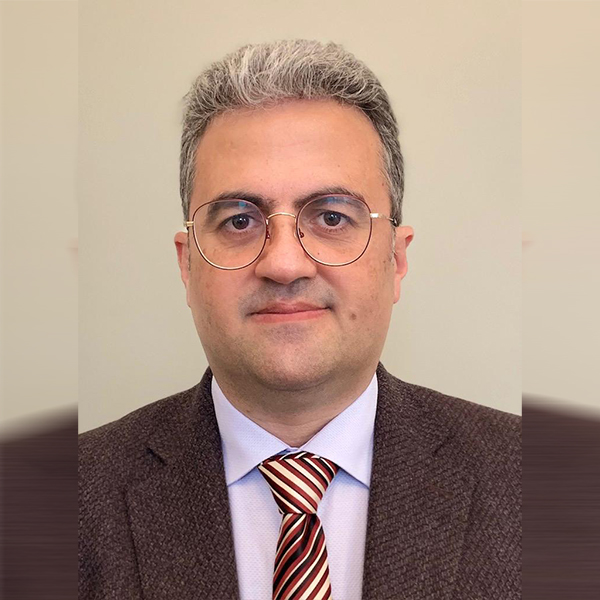Challenges in Integrating Renewable Energy into the Grid
Abstract
One of the key factors in controlling global climate change is the production of energy from renewable sources. The use of renewable energy sources is increasing rapidly worldwide, especially wind and solar energy. The use of renewables in electricity generation is the most important area of development. In 2022, 30 percent of the electricity generated came from renewable sources. This development is leading to the rapid growth of distributed energy systems. As a result, distribution and transmission grids will have to adapt to this structure. As digitalisation makes electricity networks more intelligent, managing microgrids, including renewable energy, has become an important issue. The intermittency of electricity from renewable sources and structural differences create some difficulties in grid integration.
One of the main problems in integrating renewable energy sources into the grid is the connection of these sources to the grid through power converters. Due to their structure, power converters generate harmonics that affect the power quality of the grid. It is necessary to control some parameters related to the stability and quality of the grid in order to integrate renewable energy sources into the grid at different levels. The most important of these parameters are voltage, frequency, and reactive power control. In addition, the uncontrollability of renewable energy sources has led to demand-side control. The on-line control systems used for these systems also require cyber security measures. All these factors should be considered as areas to be studied and solutions to be developed when integrating renewable energy sources into the grid.
The presence of energy storage systems is very important to ensure stability and power quality in grids with high penetration of renewable energy sources. In addition, the management of microgrids is also important for system stability.
In this presentation, in addition to voltage and frequency stability, which are the main issues in the integration of microgrids and distributed generation sources into the electricity grid, energy storage and smart grid management systems will be presented.
Biography
Prof. Dr. Bilal Gümüş received his BSc degree from Istanbul Technical University (ITU), Department of Electrical Engineering, and his MSc and PhD degrees from Fırat University, Department of Electrical and Electronics Engineering in 1992, 1997 and 2004, respectively. He has been working at Dicle University, Faculty of Engineering, Department of Electrical and Electronics Engineering since 1994. He has also held administrative positions such as the Head of the Department and the Head of the Division in the same department. He is currently the Director of Dicle University Renewable Energy Resources Application and Research Centre. His research interests include renewable energy sources, solar energy systems, electrical machines, power electronics, smart grids and micro grids.
